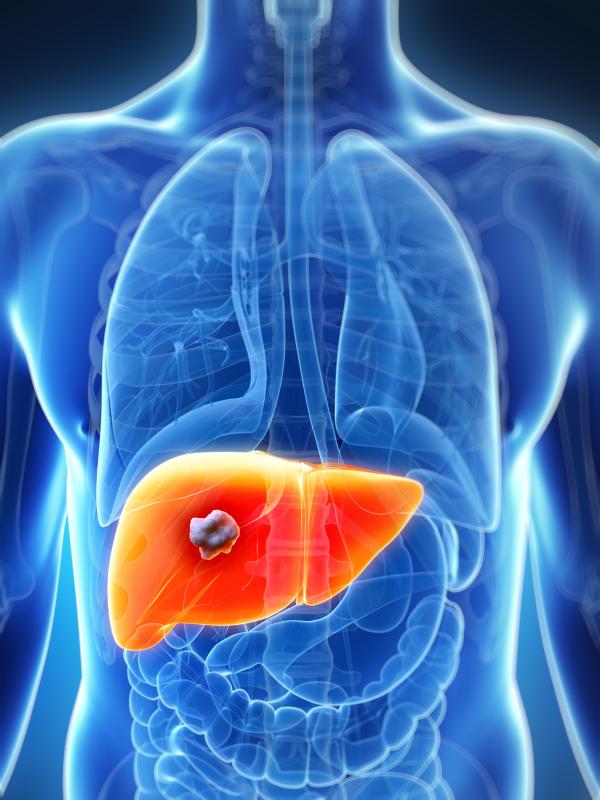
Stereotactic body radiation therapy (SBRT) may offer an effective alternative to radiofrequency ablation (RFA) in unresectable hepatocellular carcinoma (HCC), particularly in patients with larger tumours at the subphrenic location, a new study has shown.
Researchers conducted a retrospective cohort study of 2,064 HCC patients (median age, 64.9 years; 72.2 percent male), of whom 1,568 received RFA and the remaining 496 were treated with SBRT. Outcomes were recurrence and mortality rates, and patients were assessed every 3 months for the first year and at least every 6 months thereafter.
In more than half (56.5 percent) of the participants, tumours were recent, mainly occurring after transarterial chemoembolization (44.8 percent). The median tumour size was 2.0 cm, and 20.6 percent of participants had tumours exceeding 3 cm. Following propensity-score matching, 313 tumours remained in each group.
After a median follow-up of 27.7 months, the 2-year cumulative local recurrence rate (CLRR) estimates were 16.4 percent vs 31.1 percent in the SBRT and RFA groups, respectively. RFA emerged as a factor for unfavourable local control (hazard ratio, 0.36, 95 percent confidence interval, 0.25–0.50 p<0.001).
On the other hand, treatment modality did not seem to significantly affect the cumulative mortality rate.
Subsequent exploratory group analyses found that SBRT was superior to RFA in terms of CLRR in larger tumours, tumours in the subphrenic area, and in recurrent cases after transarterial chemoembolization.